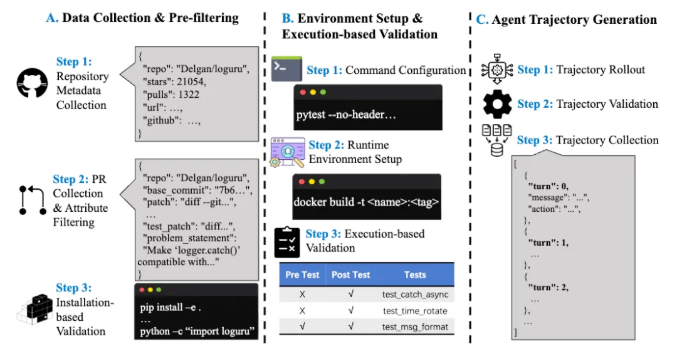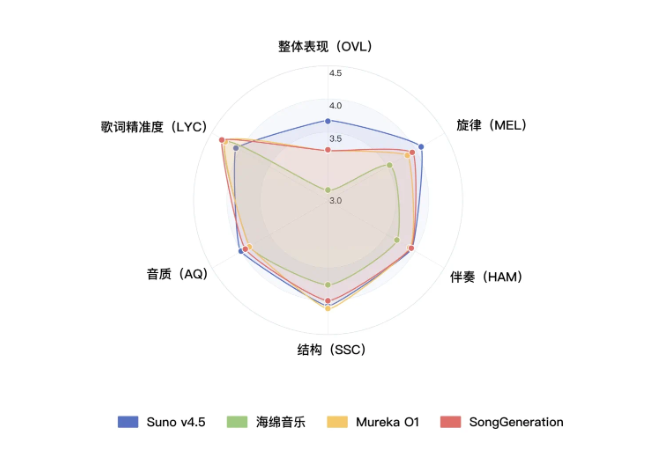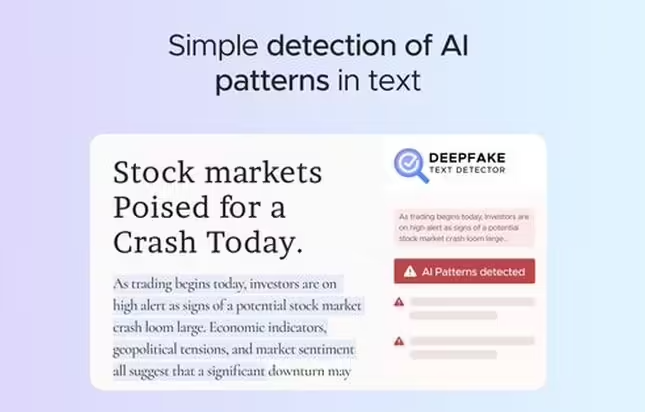Recently, MiniMax released the second-generation version of its video artificial intelligence model, Hailuo02, bringing significant upgrades in performance and price. This new model adopts an architecture called Noise-Aware Computation Redistribution (NCR). MiniMax claims that this technology improves training and inference efficiency by 2.5 times. The NCR architecture handles long video sequences differently depending on the stage of training. In the early stages of training, artificial noise is introduced extensively, and videos are compressed as much as possible; while during the later stages when the videos become clearer, the model processes them at full resolution.
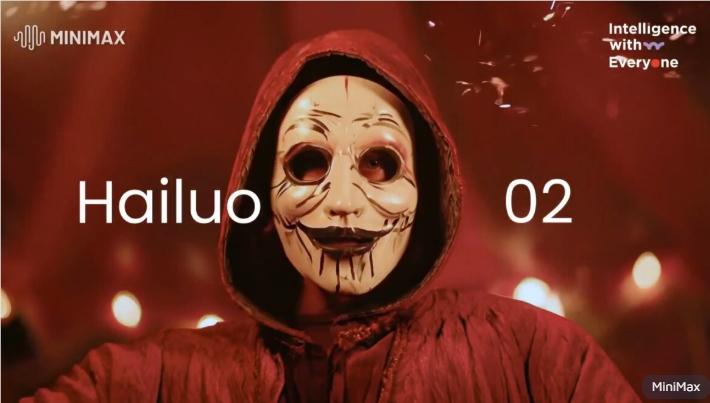
Compared to the previous version, the parameter count of Hailuo02 has increased threefold, and the amount of training data has been quadrupled. MiniMax also noted improvements in data quality and diversity. Although the company did not disclose specific parameter counts or dataset sizes, they stated that Hailuo02 has made significant progress in handling complex prompts and simulating physical processes. MiniMax also proudly claims that Hailuo02 is currently the only model capable of accurately generating complex scenes such as gymnastics movements.
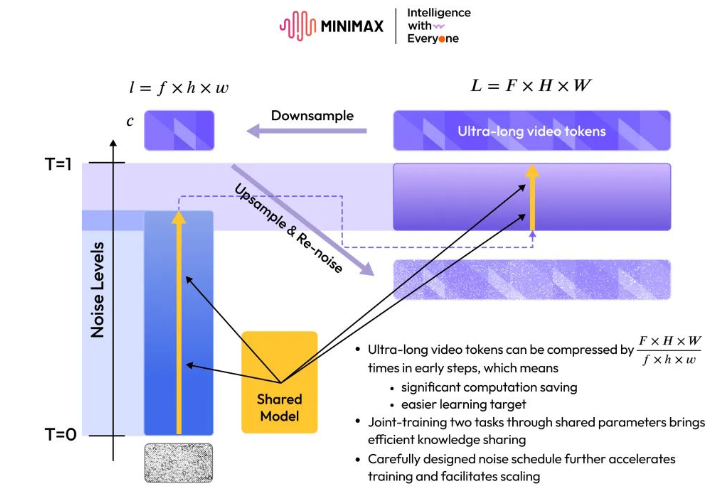
Hailuo02 offers three variants: a 768p six-second video, a 768p ten-second video, and a 1080p six-second video. In contrast, the previous version was limited to 720p six-second videos at 25 frames per second. In the Artificial Analysis Video Arena benchmark test, Hailuo02 ranked second in the image-to-video category, just behind ByteDance's Seedance, and ahead of Google's highly anticipated Veo3. However, the current version of Veo3 lacks audio support, which is a significant drawback.
Since its launch last August, over 3.7 billion videos have been created through the Hailuo platform. MiniMax described its initial promotion as relatively random but quickly attracted global creators' attention. Users can access the model via a web interface, mobile app, or API. For API users, generating a 768p six-second video costs $0.28, while the 1080p version costs $0.49. In comparison, using Google's Veo3 to generate an eight-second 1080p video might cost around $3, depending on the selected plan.
MiniMax said they are working to improve generation speed, stability, and add new features beyond the current text-to-video and image-to-video options. Competing platforms like Runway already offer more advanced features, such as tracking shots. The release of Hailuo02 is part of MiniMax's activities during the week, during which the company also launched an open-source language model, MiniMax-M1, along with parameter counts and technical papers. The specific technical details of Hailuo02's training architecture remain undisclosed.
Key points:
🌟 Hailuo02 is the newly released second-generation video AI model from MiniMax, using a Noise-Aware Computation Redistributio architecture, improving training and inference efficiency by 2.5 times.
💰 The model offers higher resolution and longer duration videos, with significantly lower video generation costs compared to Google's Veo3.
📊 Since its launch, the Hailuo platform has generated over 3.7 billion videos, attracting a large number of creators globally.


